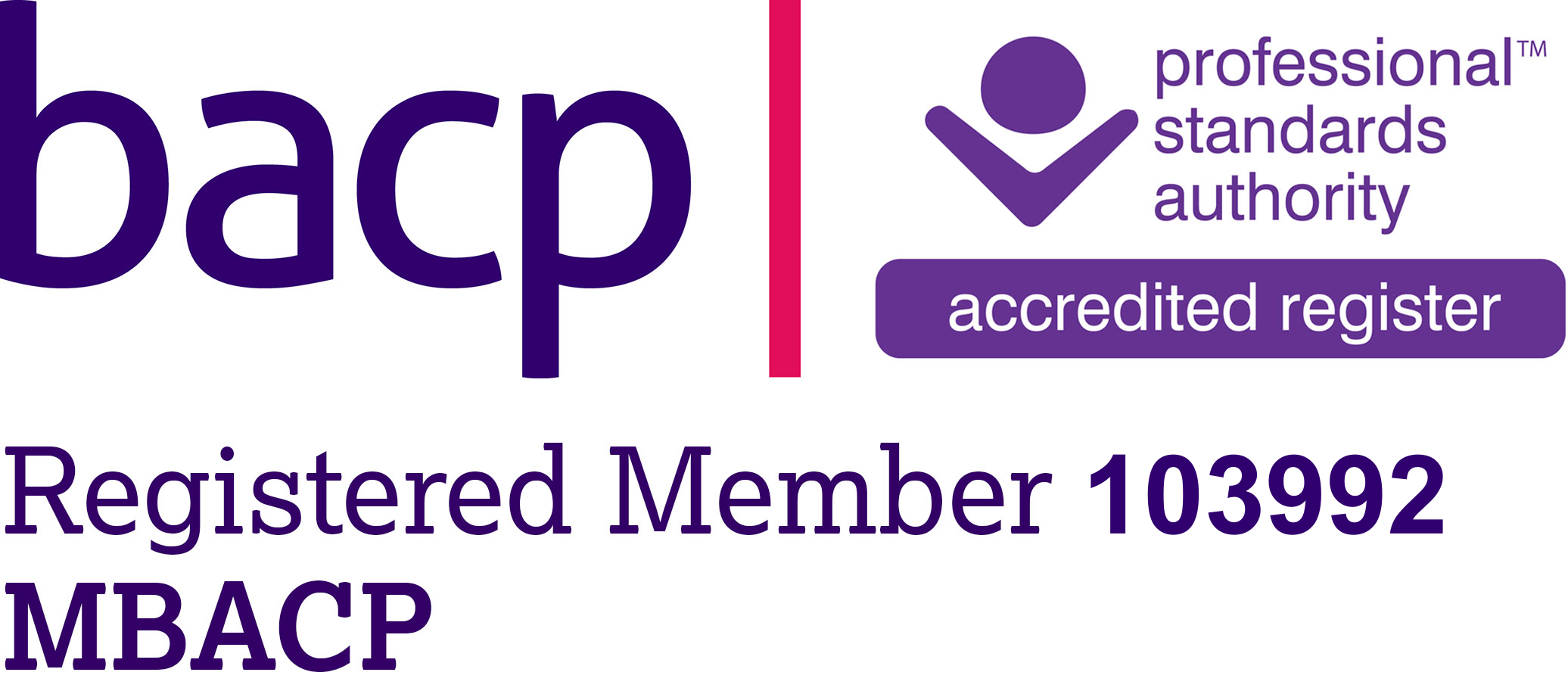What is Co-dependency?
by Samantha De Bono
That's a tricky question to answer, because the symptoms seem to apply to all of us. The difference though, is how many of the symptoms apply and how much do they dominate our relationships?
Robert Subby; author of 'Co-dependency, An emerging Issue', explains co-dependency as "An emotional, psychological, and behavioural condition that develops as a result of an individual's prolonged exposure to, and practice of, a set of oppressive rules – rules which prevent the open expression of feeling as well as the direct discussion of personal and interpersonal problems." Earnie Larsen, another co-dependency specialist defines co-dependency as "Those self-defeating, learned behaviours or character defects that result in a diminished capacity to initiate or to participate in loving relationships."
Here are some more definitions; not professional, but specialist if only by experience:
"Co-dependency means that I'm a caretaker."
"Co-dependent means I'm married to an alcoholic."
"Co-dependency means I'm up to my elbows in alcoholics."
"Co-dependency means I know that any man I'm attracted to, fall in love with, or marry will be chemically dependent or have some other equally serious problem."
"Co-dependency is knowing all your relationships will either go on and on the same way (painfully) or end the same way (disastrously) or both!"
Melody Beattie, author of 'Co-dependent No More' gives her definition of a co-dependent person as "a person who lets another person's behaviour affect him or her, and who is obsessed with controlling that person's behaviour. The other person might be a child, an adult, a lover, a spouse, a brother, a sister, a grandparent, a parent, a client, or a best friend. He or she could be an alcoholic, a drug addict, a mentally or physically ill person. But, the heart of the definition and recovery lies not in the other person – no matter how much we think it does."
So which is it? The answer, in short, is all of them. Co-dependency isn't clear cut, it's complicated and difficult to categorically define, however, it lies, not in the behaviour towards us, but our behaviour as a result of those people we allow to affect us, in the ways we obsess, control, caretake, or help, it lies in our low self-worth and self-loathing, anger and guilt, attraction to and tolerance of bad behaviour.
It is probable that a co-dependent person will stay in a destructive relationship despite the fact that it cannot work, or the habitual behaviour of a co-dependent will sabotage a relationship which may have otherwise worked. Co-dependents rarely live in the present or enjoy the here and now of their relationships; instead they force it or try to control it. Co-dependents immerse themselves in regrets of the past and fears about the future.
Doubtless co-dependents have done good deeds too. By their very nature, co-dependents are benevolent – concerned about the needs of the world. Thomas Wright, states in an article from the book 'Co-dependency, An Emerging Issue' , "I suspect co-dependents have historically attacked social injustice and fought for the rights of the underdog. Co-dependents want to help. I suspect they have helped. But they probably died thinking they didn't do enough and were feeling guilty".
Whatever the problem the other person has, co-dependency involves an habitual system of thinking, feeling and behaving. These behaviours can prevent us finding peace and happiness with the most important person in our lives – ourselves!


